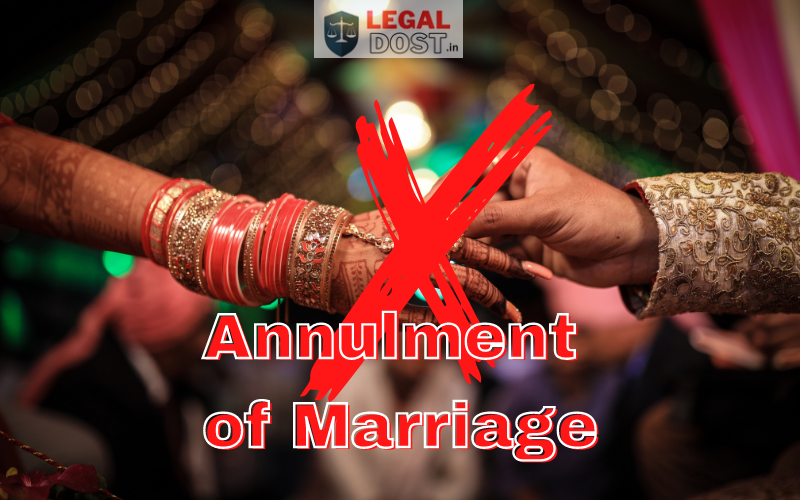In India, marriage is a sacred and socially binding institution, and marriage annulment is a difficult process. Annulling a marriage is not something to be taken lightly or done without the proper legal guidance. That’s why we’ve put together this guide to answer your questions about the annulment process in India. Whether you’re considering annulment or need help understanding the legal process, you’ll find the answers here.
What is Marriage Annulment?
Marriage annulment is the legal process of declaring a marriage null and void. An annulment is different from divorce, which ends an existing, valid marriage. Annulment is a declaration that a marriage was never valid to begin with. This means that the marriage is treated as though it never happened and is legally erased from the couple’s records.
Grounds for Marriage Annulment in India
In India, marriage annulment is only possible under certain conditions. These are the four legal grounds for annulment:
• Non-Consummation: This means that the couple was not able to consummate their marriage, either due to the physical incapacity of one partner or the unwillingness of the other partner.
• Mental Incapacity: If one partner was judged to be of unsound mind at the time of the marriage, the marriage can be annulled.
• Underage Marriage: If one partner was under the legal age of marriage at the time of the wedding, the marriage can be annulled.
• Force or Fraud: If one partner was forced into the marriage or tricked into it through fraud, the marriage can be annulled.
How to Get a Marriage Annulled in India
In order to get a marriage annulled in India, you must file a petition with the court. The petition must include the grounds for annulment and evidence to support them. Once the court reviews the petition, they may grant the annulment or deny it.
What Happens After an Annulment?
Once an annulment is granted, the marriage is treated as though it never happened. This means that the couple is not legally married, and they are free to pursue other relationships. However, there are still some consequences of the annulment that must be considered.
• Child Custody: If there are any children from the marriage, a court must determine child custody and visitation rights.
• Financial Support: If one partner was financially dependent on the other, the court may order financial support for the dependent partner.
• Property Division: The court may also require the couple to divide their joint property and assets.
Conclusion
Marriage annulment is a serious and complicated process. If you are considering annulling your marriage, it is important to seek legal advice and understand the legal process in India. With the right guidance, you can make sure your rights are protected and the annulment is done properly.
Bibhu Mishra is a prolific writer who has published many books spanning various genres. He is a legal enthusiast and an avid researcher of cutting-edge technology, diving into fascinating realms to bring captivating narratives to life.



